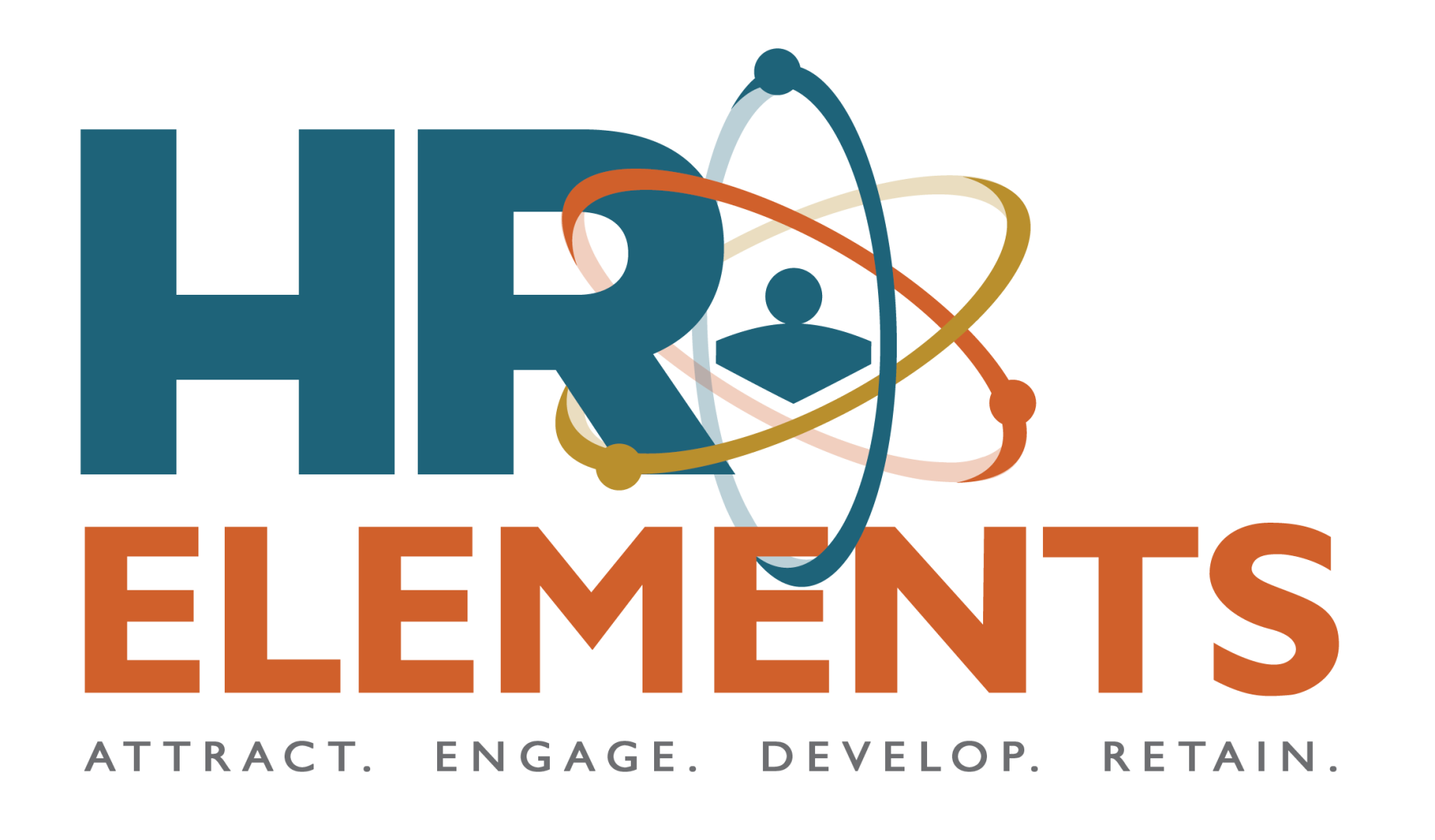
Turnover is inevitable, we get that. People quit their jobs for all sorts of reasons – some outside of the company’s control (e.g. retirement, relocation, winning the lottery, discovering they’re the heir to a massive fortune in a far-off land), but most reasons for turnover are work-related. Therefore, learning what those reasons are – and heeding their warnings – is critical.
Clients often say…
It’s too late now. Why should I care?
Although turnover and exit interview data are lag measures of the employee satisfaction of those leaving, if done well exit interviews can yield valuable information, which – if acted upon – can boost the employee engagement of remaining employees.
It was time for them to move on, anyway.
We’d be lying if we said we’ve never worked with someone who will complain about anything and everything, who won’t be satisfied/productive/engaged no matter what you do. In those rare cases, you may feel relieved that they decided to pursue their happiness elsewhere. Both high potentials and solid performers, on the other hand, are hard (and expensive) to replace. And even if you find someone equally qualified/talented to replace them, it usually takes months for them to fully onboard and reach peak performance.
Yeah, but it’s still only one person’s opinion.
You’re absolutely right…technically. Sometimes the person leaving is an outlier – a rogue – with reasons/excuses that are only held by them. However, more often than not, when employees resign, there are others who share at least some of their concerns. It doesn’t hurt to ask, right?
Action Required
Despite upwards of 75% of companies reporting that they conduct exit surveys/interviews, researchers from Harvard University found that fewer than a third of those companies analyzed the data and shared it with senior leaders.1 Fewer than 25% of companies do anything with the insights gained from exiting employees!
But they didn’t give us much to go on.
That happens. Quite often, unfortunately, which is probably a big reason why most companies fail to capitalize on data from exit surveys/interviews. But if your departing employees aren’t saying much, that’s actually saying a lot. Here are common reasons why:
- You’re not asking the right questions. For instance, if you list any version of “another job opportunity” as an option they can click under “reasons for leaving” and then be done with it, well…no wonder they picked that. The purpose is to find out the reason(s) behind that.
- Your process…has some “opportunities for improvement.” Don’t get us wrong, we heart surveys (seriously, we geek out over employee survey data)! But if your company only uses exit surveys – without a face-to-face exit interview – it’s hard to find out the whole story (even with branching questions). A survey/questionnaire is a great way to start but be sure to follow it up with a face-to-face interview.
- The interviewer. Sometimes the person doing the exit interview lacks the skill to go off-script and dig deeper, when needed – or perhaps they’re just not the type of person whom people feel safe opening up to. Maybe they’re too close to the situation – imagine trying to tell a manager to their face that you didn’t like working for them (good luck getting a decent reference from them someday if you ever need one)! Sometimes it’s hard for anyone inside the company to get a straight answer, which is why those previously-mentioned researchers from Harvard recommended having an external consultant handle exit interviews – they’re more likely to have the required skills and much more likely to have less bias.
We Can Help
Our two-step process includes an initial exit survey, which your HR advisor will analyze in order to prepare targeted follow-up questions they will ask in the face-to-face exit interview. Our advisors are skilled at uncovering the real reasons your employees are leaving, helping you determine if other employees are at risk of leaving, and providing services to enhance the employee experience. Let us help you.





